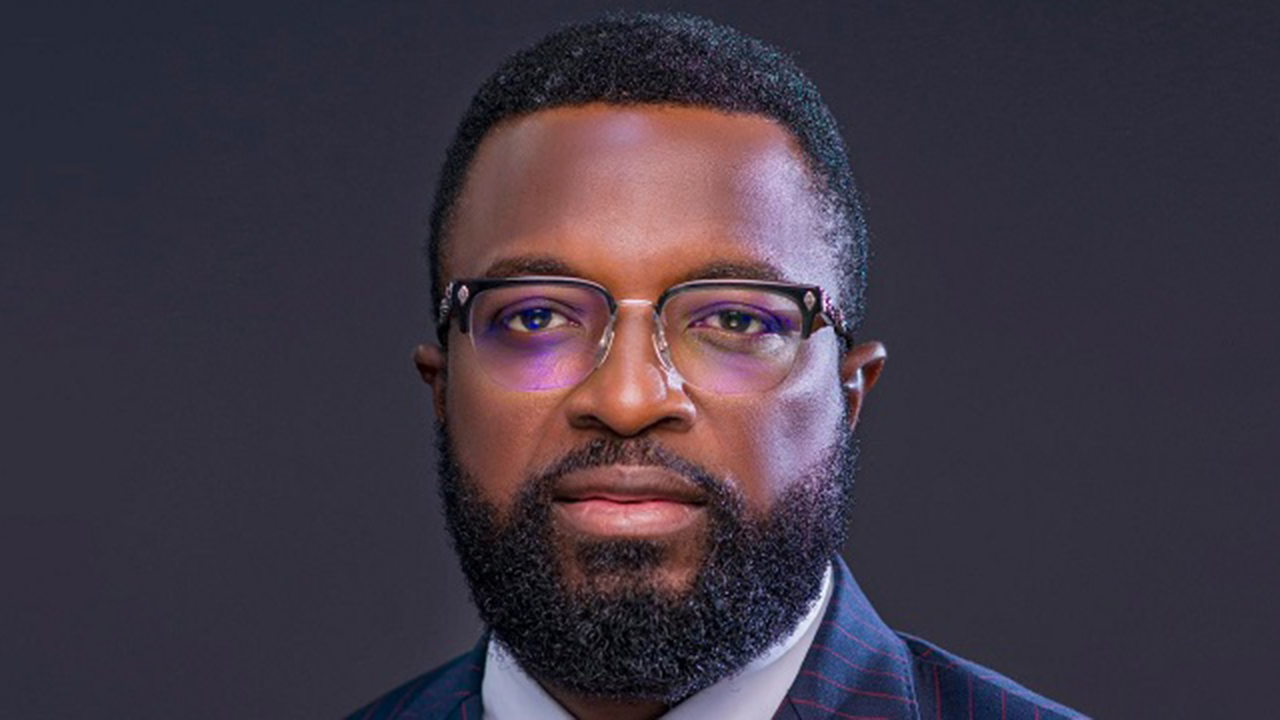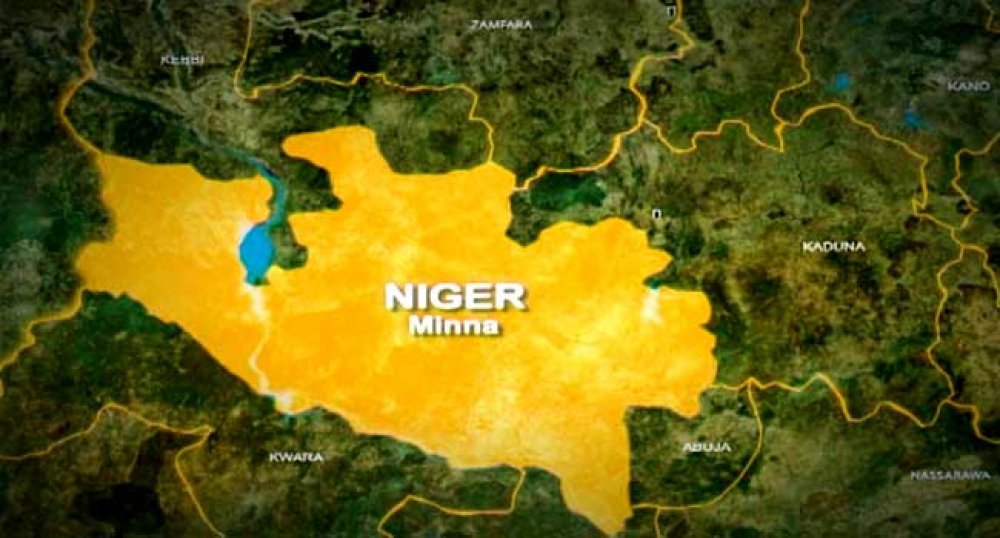
The Inclusive Friends Association (IFA), a leading non-profit organization committed to advancing the rights and inclusion of persons with disabilities in Nigeria, on Thursday, reiterated the need for targeted digital literacy skills training for Persons With Disabilities (PWDs).
It also emphasized its dedication to fostering an inclusive society where digital literacy becomes a key pathway to empowerment and equal opportunities.
The Executive Director of IFA, Grace Jerry, disclosed this during the digital literacy and advocacy training for women and girls with disabilities in Abuja, highlighted the importance of the programs, noting that digital literacy is not a privilege but a right.
He noted that training aims to equip women and girls with disabilities with the knowledge, tools, and confidence to navigate the digital landscape effectively.
Jerry, who was represented by the IFA Project Coordinator, Mr. Stephen Idoko, emphasized that digital literacy is not a privilege but a right that must be accessible to all, especially marginalized groups.
Jerry said: “In an increasingly digital world, access to technology and the skills to use it are fundamental. However, women and girls with disabilities often face compounded exclusion, denying them opportunities to fully participate in and benefit from digital innovation.
“This initiative is about more than learning; it’s about empowerment and action. By equipping participants with these skills, we aim to bridge the digital divide and advocate for the inclusion of women and girls with disabilities in Nigeria’s National Digital Literacy Framework.”
He urged the participants to actively engage to share the experiences, and leverage the skills acquired to create meaningful change in their communities.
READ ALSO: Wesley varsity advocates inclusive education for PWDs
In her remarks, the Programme Assistant of Rise Up Nigeria, Rahila Joshua Dung, advocated for gender justice for women and girls in line with education, their health and also economic empowerment, and in line with economic empowerment.
In her remarks, the Programme Assistant at Rise Up Nigeria, Rahila Joshua Dung, addressed the broader challenges facing women and girls in Nigeria, particularly within the digital space.
She stressed the importance of gender justice and the role of digital literacy in breaking barriers.
Dung said: “Bridging the gap in the digital literacy world is an opportunity for us to empower dreams, unlock new opportunities, and advocate for the rights of women and girls to be part of the change happening in the world today.”
READ ALSO: Experts insist on inclusive education for PWDs
She identified systemic challenges such as patriarchy, poverty, and insecurity as major hurdles limiting women’s progress in education, health, and economic empowerment.
She added, “Africa, especially Nigeria, is steeped in a patriarchal system where women often lack decision-making power in matters affecting their lives. Poverty also perpetuates cycles of disempowerment, while insecurity further restricts women from participating in community and societal systems.”
Dung also highlighted the risks in the digital space, such as cyberattacks and blackmail, as emerging barriers for women and girls.
She called for collective efforts to address these challenges through advocacy, solidarity, and sustained action.
The training covered various topics, including digital literacy, storytelling for advocacy, and strategies to champion digital inclusion.






